Sundays
A Cinema of Resistance
Programmed by Alex Kong
"It's easy to censor words, but it's much harder to censor images." --Andrzej Wajda
How do filmmakers working under oppressive, authoritarian regimes transform and reconfigure their critiques of those regimes when direct condemnation isn't an option? This series surveys the rich variety of artistic strategies that have been formulated in response to this question; in so doing, it suggests that this imposition can, in fact, be a blessing in disguise. Instead of outright infractions of censorship--which, while effective at being disobedient, would probably have been less interesting--the much subtler ways in which these filmmakers outfoxed their supervisors yielded a unique category of strange and extraordinary works, whose political leanings have been encoded into their form in fascinating ways.
For example, the luridly heightened stylization of A Touch of Sin draws on the conventions and traditions of the wuxia martial arts film to mount a biting critique of the societal degradation perpetrated by the CPC. In contrast, A Color of Pomegranates attests to the subversive power of abstract symbolism and mystical allusions. Other films, like Viridiana and Hands Up!, opt for excoriation by way of hilarious satire, the object of which remains shrouded in ambiguity; while The Circle shows that sometimes the most damning critique is just an unvarnished, faithful reproduction of totalitarianism's suffocating atmosphere. But despite the differences in their modes of resistance, what unites all of these films is an unshakeable faith in the power of the image to challenge the grip of power. This series pays tribute to the boundless creativity, canny inventiveness, and endlessly surprising beauty of the films that share in this conviction.
1/13/2019 @ 7:00 PM
A Touch of Sin

(Jia Zhangke, 2013) · Despite working under the auspices of CPC censorship, Jia managed to craft a biting critique of contemporary China by repurposing the stylization and grisly violence of the martial arts film. A Touch of Sin is composed of four separate stories--all based on real-life events--about individuals fraying under the systemic pressures of societal degradation. A piercing look into the soul of a country of world-historical importance, this film is one of the defining documents of the twenty-first century.
runtime: 143m format: DCP
1/20/2019 @ 7:00 PM
The Spirit of the Beehive

(Victor Erice, 1973) · Erice outfoxed Franco's censors with his elliptical approach to narrative--which also generated the film's hauntingly beautiful vision of political turmoil filtered through a child's endlessly fertile imagination. The six-year-old Ana is enraptured by a Frankenstein movie, which colors her apprehension of the disturbances that intrude on her pastoral town. This allegory of life in a Spain gripped by Franco's fascist regime anticipates Days of Heaven with its unforgettable landscape cinematography.
runtime: 99m format: 35mm
1/27/2019 @ 7:00 PM
Hands Up!
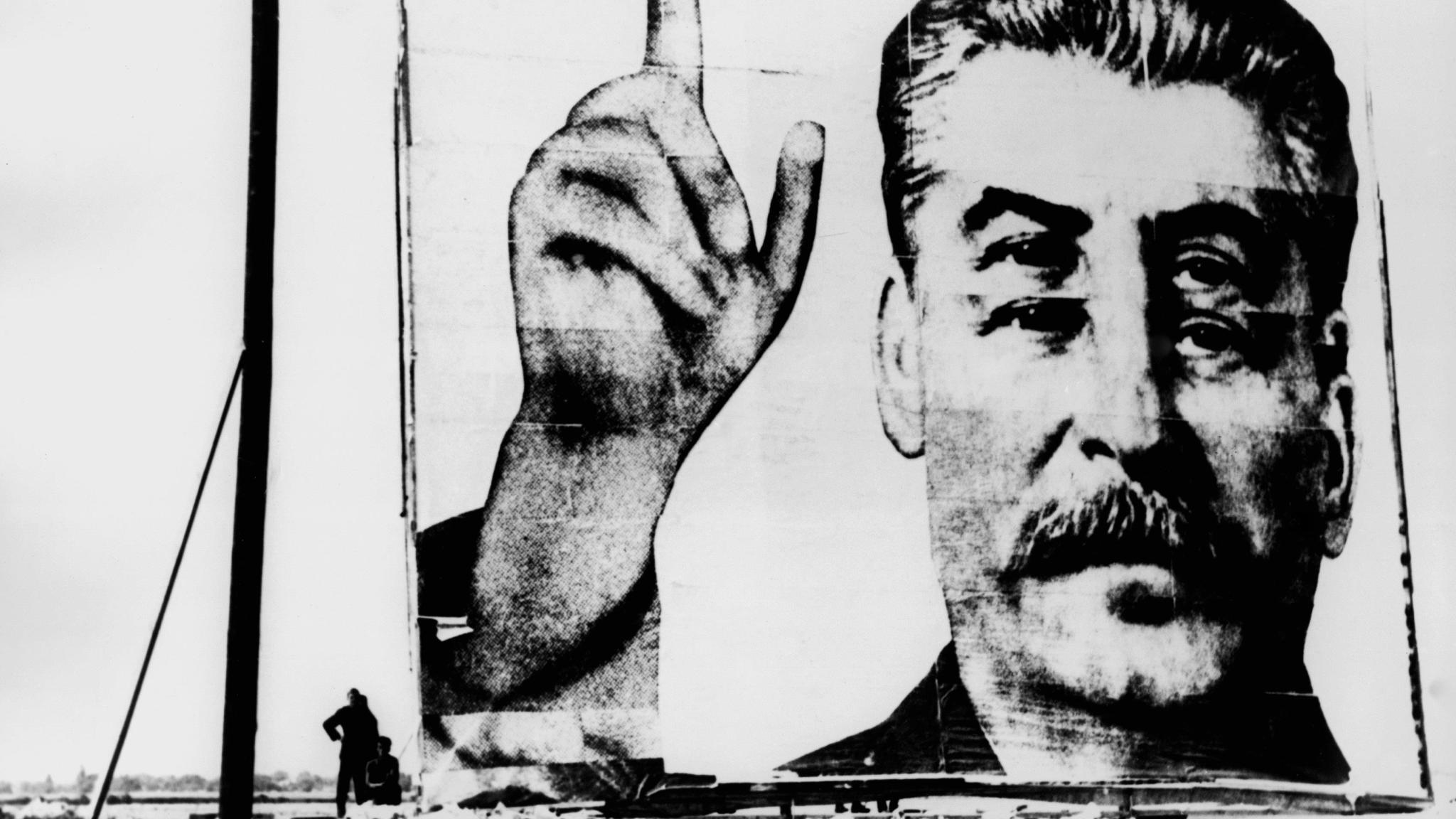
(Jerzy Skolimowski, 1981) · Skolimowski cemented his position at the forefront of Polish cinema with this uproarious satire of Stalinist governance. Three estranged friends meet for alcohol-fueled confessions and wistful reminiscences about the vanished ideals of their youth. The film was stalled by the censors in its original form, prompting Skolimowski to leave Poland. In 1980, he returned during a political thaw to finish the film, supplementing it with a transfixing first-person prologue that meditates on art and politics.
runtime: 76m format: DCP
2/3/2019 @ 7:00 PM
Viridiana
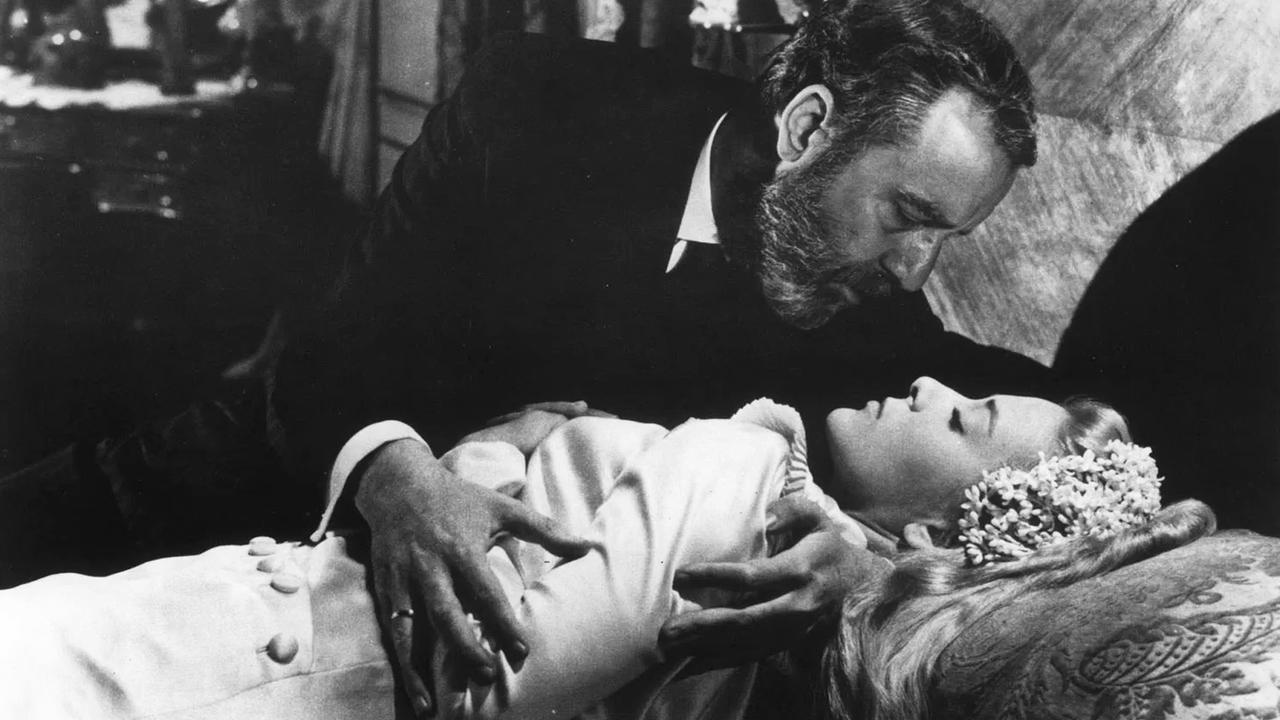
(Luis Buñuel, 1961) · Widely acclaimed as one of Buñuel's greatest films, the deliciously sacrilegious Viridiana mercilessly satirizes the social mores of Catholicism, earning a denouncement from the Vatican and winning the coveted Palme D'Or at Cannes. A novice nun named Viridiana does her best to maintain her purity in the face of moral corruption. After a visit to her dying and desperate uncle goes horribly wrong, she decides to leave her cloistered life and do good in the world--to disastrous results.
runtime: 90m format: 35mm
2/10/2019 @ 7:00 PM
Day of Wrath
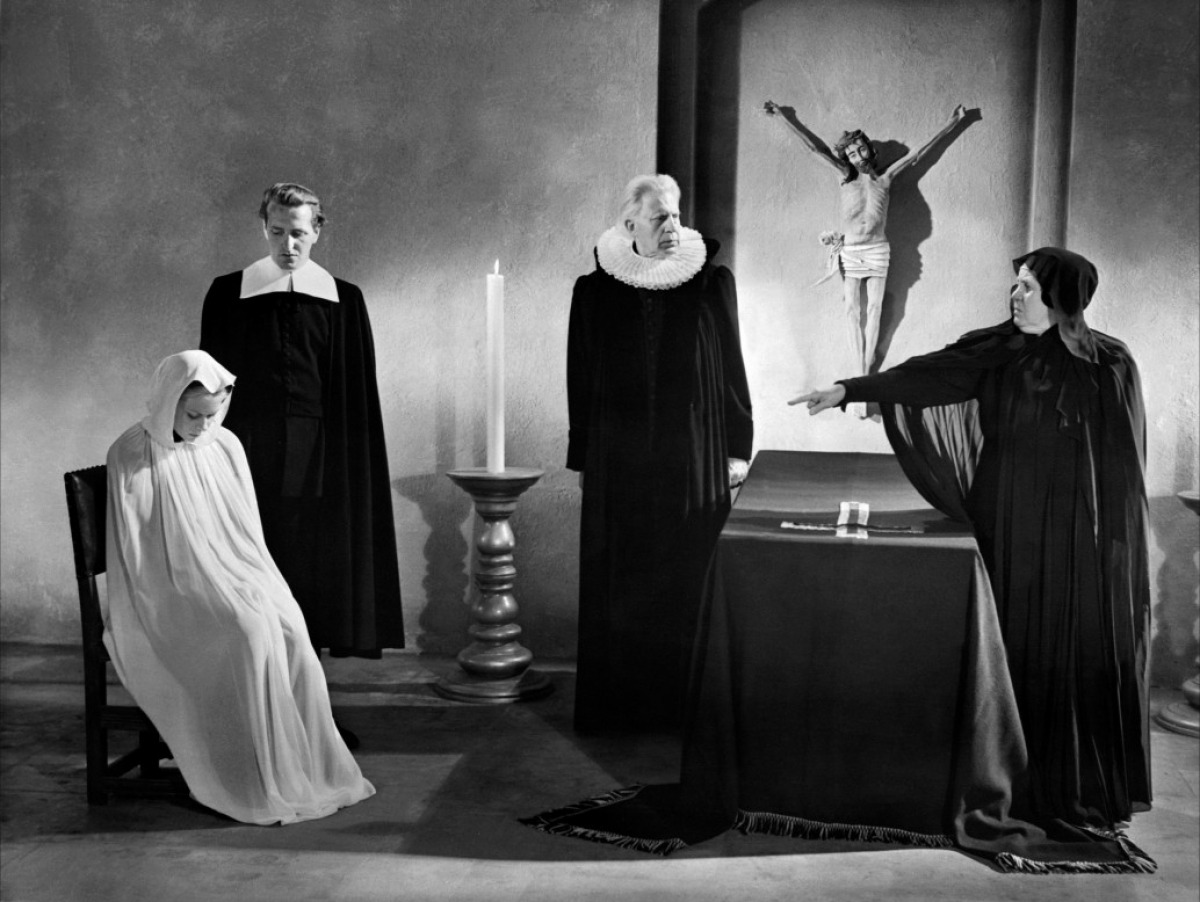
(Carl Theodor Dreyer, 1943) · Made in Nazi-occupied Denmark, Day of Wrath reflects the conditions of its production in its searing depiction of political frenzy and mass paranoia. Encaged in a society obsessed with the persecution of witches, the young Anna finds herself up against the entire village when she falls in love with her stepson. One of cinema's greatest directors, Dreyer turned his attention from the spiritual (for example, Ordet) to the material, with this shockingly timely treatise on cruelty and politics.
runtime: 110m format: 35mm
2/17/2019 @ 7:00 PM
The Color of Pomegranates
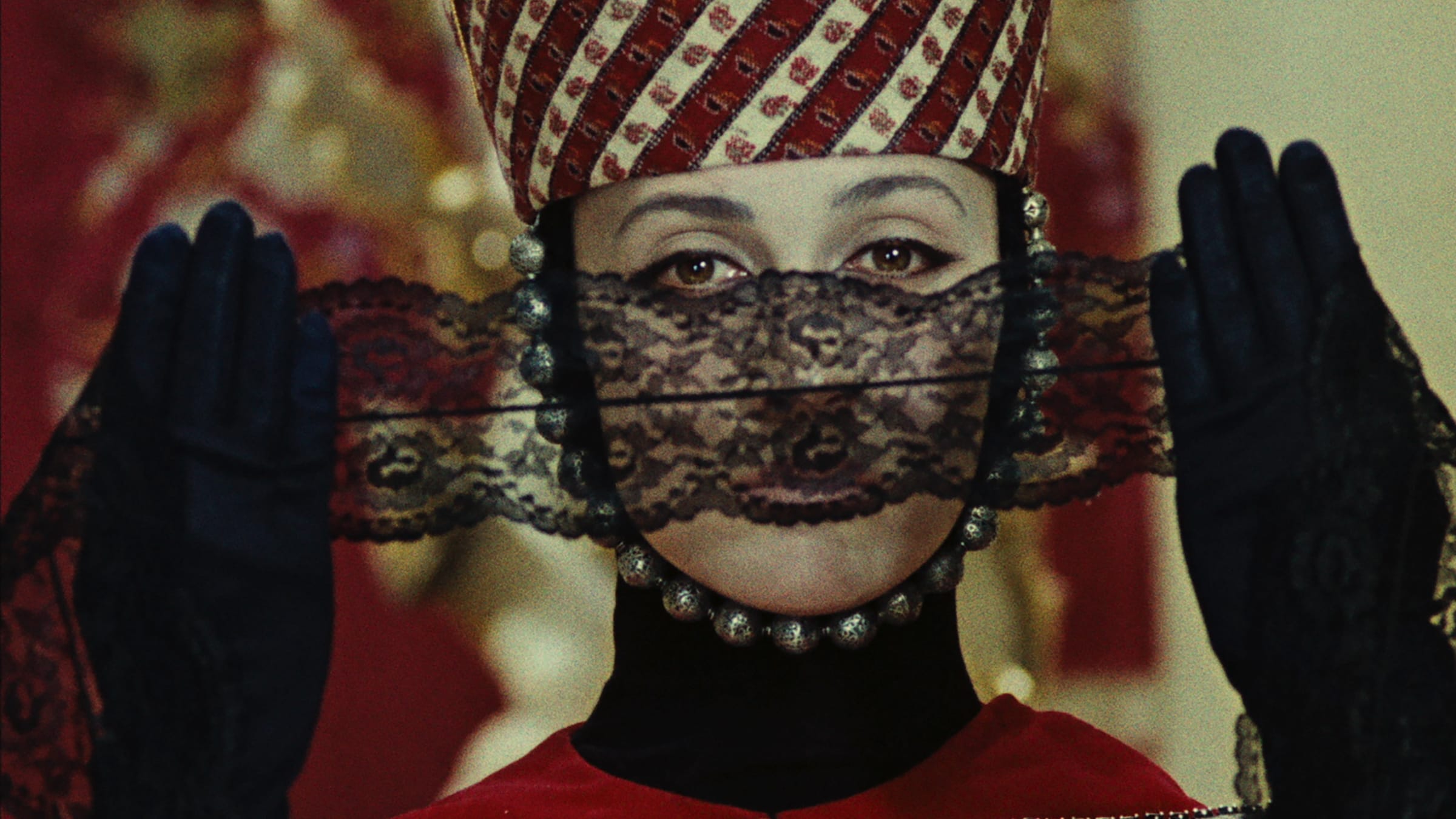
(Sergei Parajanov, 1969) · Parajanov's rapturous exploration of Armenian cultural identity, brimming with extravagant imagery and lavish production design, focuses on one of its central figures: the legendary poet and musician Sayat Nova. On this biographical pretext, the film weaves a dazzling tapestry of folklore and symbolism. For decades available only in a cut butchered by Soviet authorities, this new version of The Color of Pomegranates restores the full extent of the film's feverish energy.
runtime: 75m format: DCP
2/24/2019 @ 7:00 PM
Memories of Underdevelopment

(Tomá Gutiérrez Alea, 1968) · After the Bay of Pigs Invasion, revolutionary fervor sweeps across Cuba. The bourgeois intellectual Sergio, however, is unimpressed. Even as the rest of his family flees to Miami in fear, he chooses to stay behind in Havana, whiling the days away with bored philosophizing and empty trysts, as his alienation from the increasingly restless society around him intensifies. Alea's modernist chronicle of Havana offers an unvarnished look into Cuban society at one of its most volatile and pivotal moments.
runtime: 104m format: DCP
3/3/2019 @ 7:00 PM
Kanal
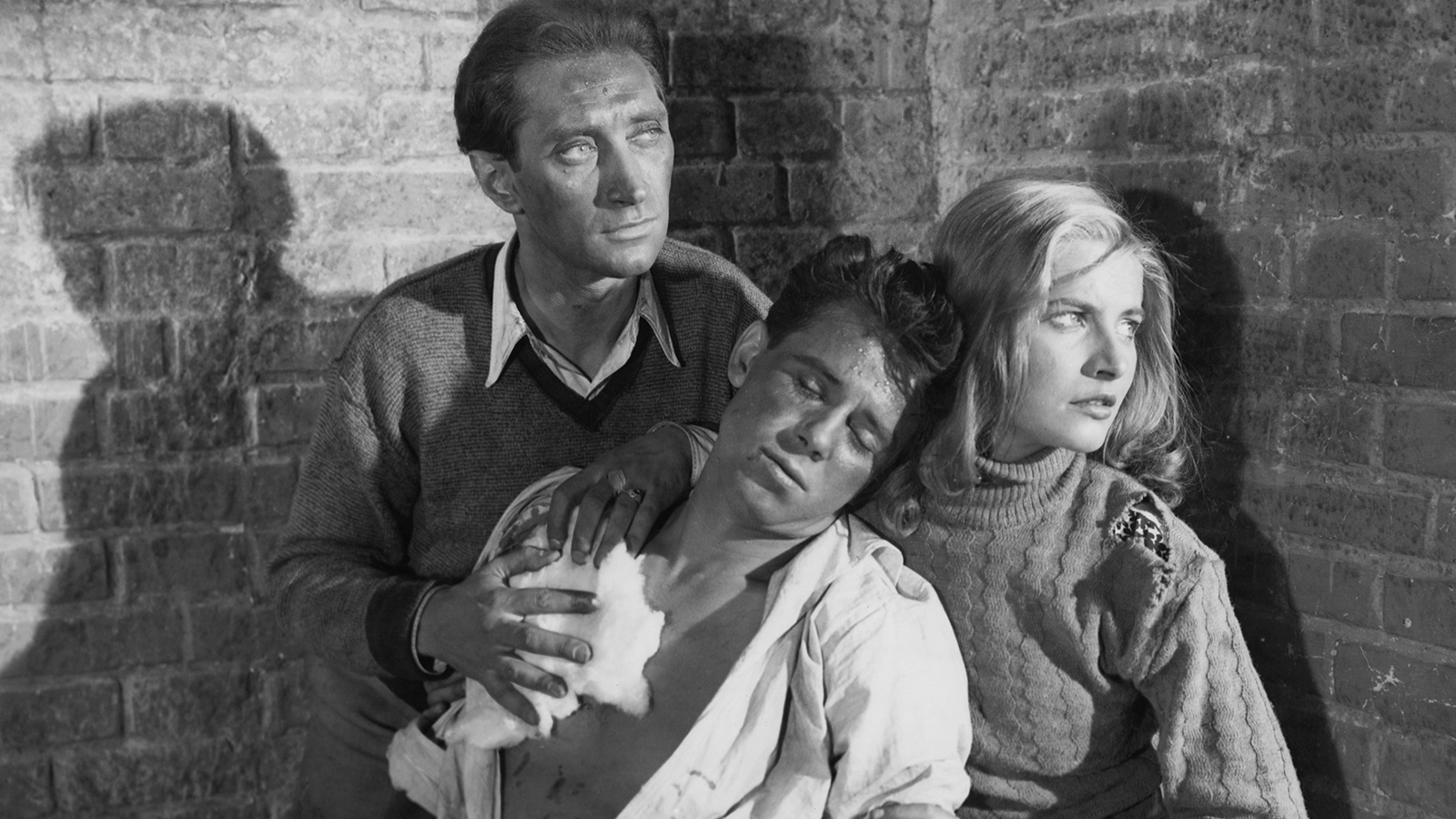
(Andrzej Wajda, 1957) · New restoration! In 1944, the exiled Polish government ordered its underground resistance, the Home Army, to liberate Warsaw from Nazi occupation--but this "Warsaw Uprising" was soon crushed by the Germans. The harrowing Kanal follows a tightly-knit band of rebels as they flee through the sewers, and it propelled Wajda onto the international stage when it won the Jury Prize at Cannes alongside The Seventh Seal. Bergman's film has ascended into the canon's upper echelon--Wajda's film deserves the same.
runtime: 95m format: DCP
3/10/2019 @ 7:00 PM
Cría Cuervos
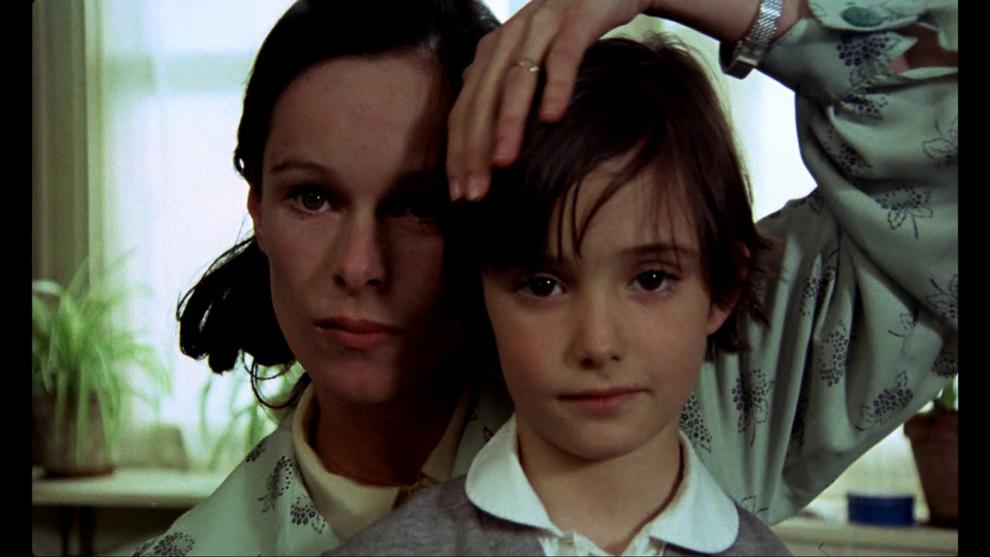
(Carlos Saura, 1976) · Saura fired off one last shot against Franco with the fantastical Cria Cuervos, grappling with the specter of fascism through the story of a family mourning its matriarch. A young girl is continually visited by visions of her dead mother (Geraldine Chaplin) in this dark and allegorical fairy tale. The girl is embodied by Ana Torrent with a poise and complexity beyond her years, in one of the greatest performances by a child actor ever (equaled only by her turn in The Spirit of the Beehive).
runtime: 112m format: 35mm
3/17/2019 @ 7:00 PM
The Circle
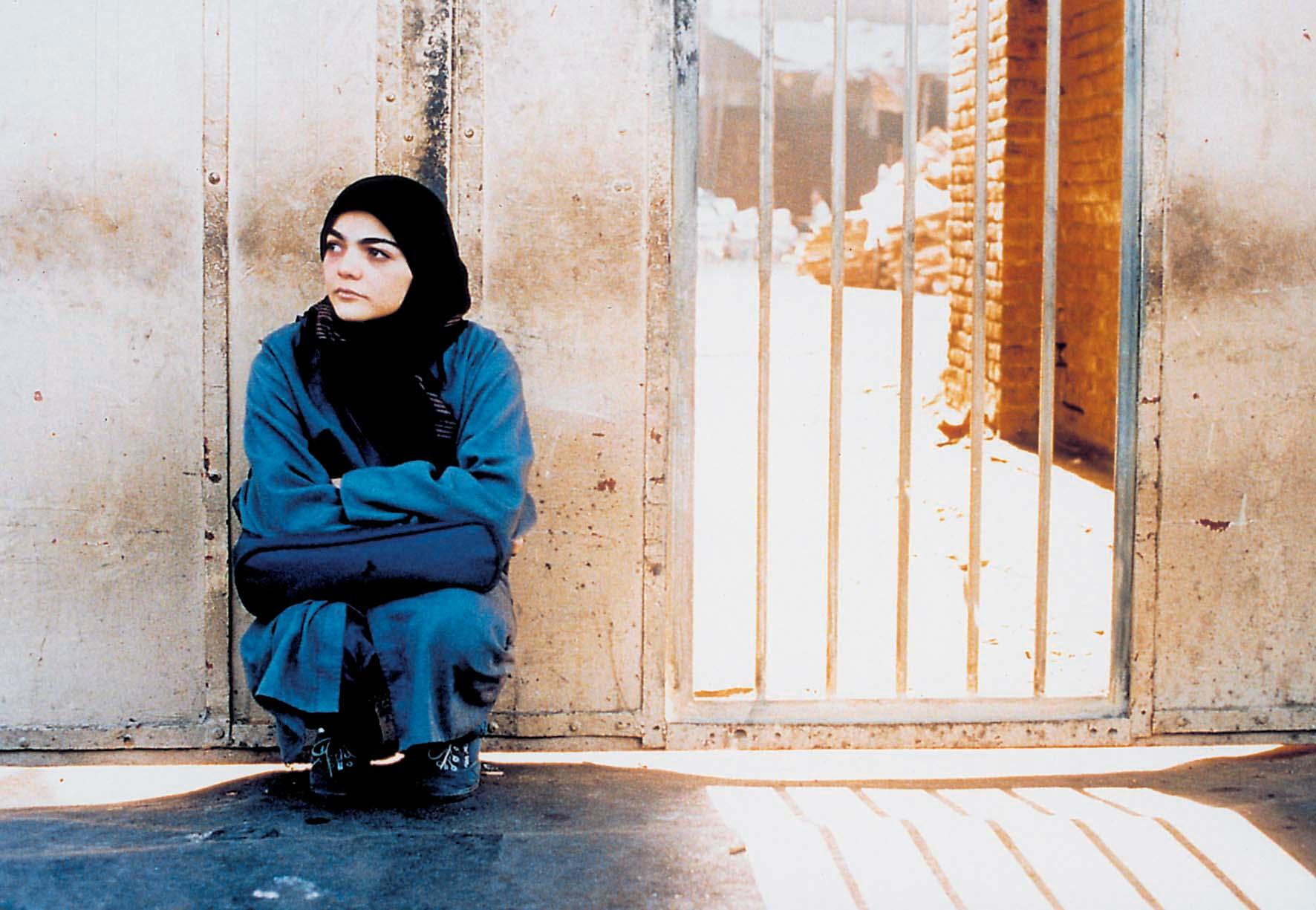
(Jafar Panahi, 2000) · Winner of the Golden Lion at Venice, The Circle explores the plight of women in modern Iran. It tells the stories of two convicts who attempt to escape prison, and a third in need of an abortion, implying that in their society, escape from incarceration is nothing more than a fantasy. Panahi advances his political critique not by way of forthright denunciation, but through the production of an atmosphere, by rendering the suffocating claustrophobia of totalitarianism with brutal clarity. Print Courtesy of the Yale Film Study Center.
runtime: 95m format: 35mm



